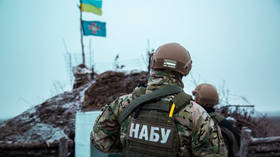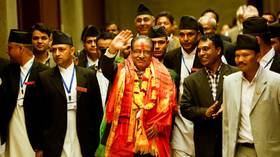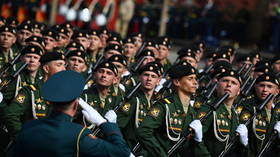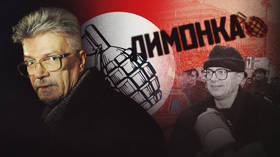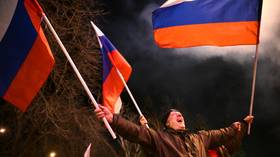Chinese peace plan: Can Beijing find a way to end the Russia-Ukraine conflict, despite open hostility from the US and NATO?
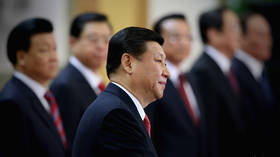
Throughout the latter half of February, China was increasingly active diplomatically. Its highest-ranking diplomat, Director of the Office of the Central Foreign Affairs Commission of the Chinese Communist Party Wang Yi, made a European tour. After attending the Munich Security Conference, he traveled to Hungary and Russia. In Moscow, he held talks with Security Council Secretary Nikolai Patrushev, Foreign Minister Sergey Lavrov, and finally, Russian President Vladimir Putin.
Wang assured Putin that China is ready to strengthen strategic cooperation with Russia. He stressed that Russian-Chinese relations are not directed against third countries, and will not yield to outside pressure.
The Russian president confirmed that he is looking forward to the state visit of his “friend Xi Jinping” after the session of the National People's Congress (NPC) of the People’s Republic of China (PRC), an event where key government officials will be appointed. According to The Wall Street Journal, this visit may take place in April or at the beginning of May, when Russia celebrates WWII Victory Day.
WSJ sources also reported that Beijing wishes to play a greater role in the resolution of the Ukraine conflict, and Xi plans to discuss multilateral peace talks. Soon afterwards, China proposed its peace initiative for the conflict. However, for many observers, Beijing's proposals generate far more questions than answers.
The Chinese document
While Wang was touring Europe, China published two documents expressing its position on a new global security architecture. On February 21, the Foreign Ministry released the concept of a global security initiative based on six main principles. The document mostly restated Beijing’s neutral rhetoric regarding the conflict in Ukraine.
For example, the principle of the sovereignty of all countries stands next to that of a “serious attitude” towards legitimate security concerns. While the first thesis is occasionally interpreted as China's rejection of the Russian offensive in Ukraine, the second point refers to the Western leaders’ decision to ignore Moscow's concerns about the expansion of NATO to the East. At the same time, China has particularly stressed that it remains committed to resolving differences and disputes through dialogue and consultations, not wars and sanctions.
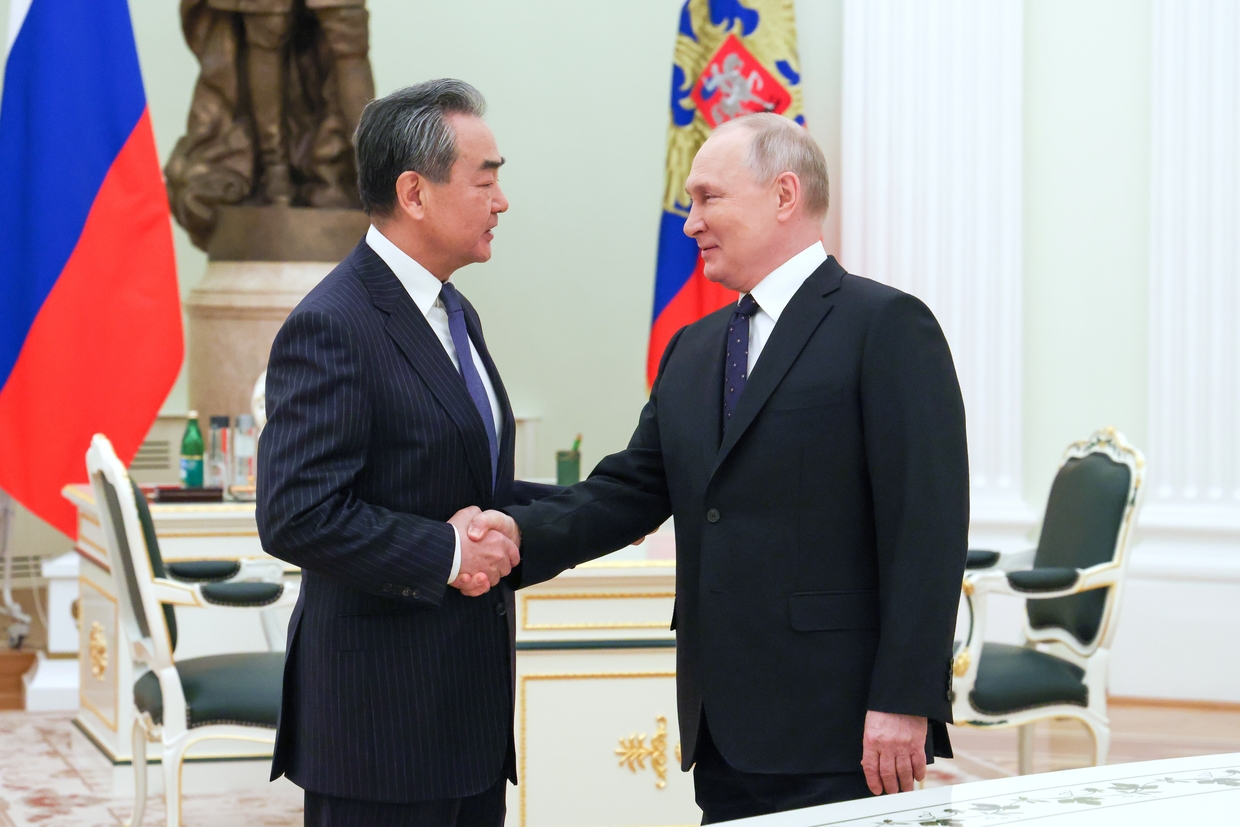
On February 24, the anniversary of the Russian offensive in Ukraine, the Chinese Ministry of Foreign Affairs published another document, widely referred to in the media as China’s “peace plan.” In fact, Beijing never offered its text, titled 'China's Position on the Political Settlement of the Ukraine Crisis', as a roadmap. The document contains only vague formulations tinged with an air of philosophy.
Here’s the outline of the twelve points:
• respect for the sovereignty and territorial integrity of all countries and the norms of international law;
• rejection of the “cold war mentality” (including the expansion of military blocs);
• a ceasefire and an end to hostilities (“in war, no one wins”);
• a return to peace negotiations;
• the settlement of the humanitarian crisis;
• the protection of civilians and prisoners of war;
• ensuring the safety of nuclear power plants;
• the reduction of strategic risks and prevention of the use of nuclear weapons;
• the export of food within the grain corridor;
• an end to unilateral sanctions;
• securing the stability of production and supply chains;
• the involvement of the international community in post-war reconstruction.
‘Too much’ peace
China’s peacemaking proposal didn’t spark a positive reaction from all key players. Russia’s reception was polite, but tepid – Vladimir Putin's press secretary Dmitry Peskov said that Moscow will pay great attention to the “plan of our Chinese friends” but added that so far it does not see any prerequisites for a return to a peaceful course. He added that the military operation would continue, and Russia is moving towards achieving its goals.
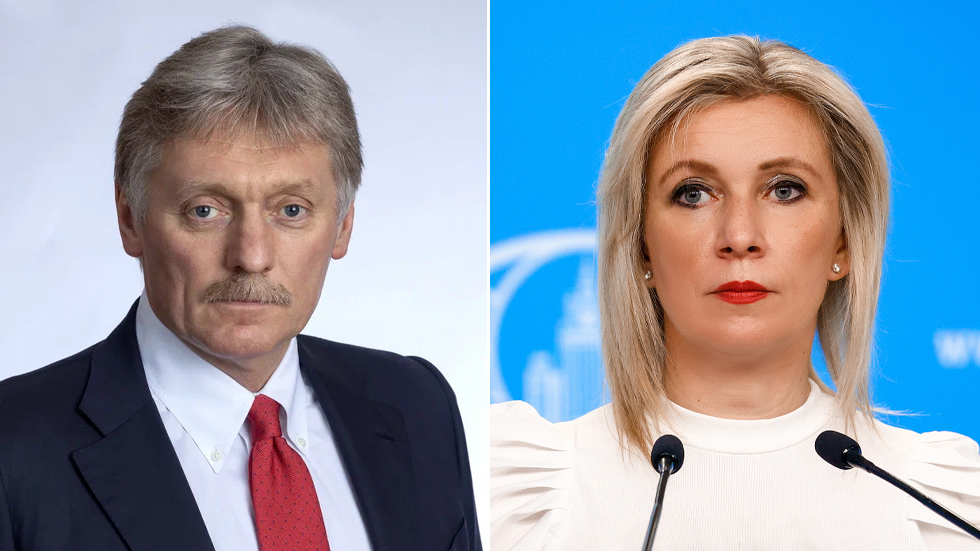
Foreign Ministry Spokeswoman Maria Zakharova earlier said that Moscow shares Beijing's core ideas and remains committed to the principles of compliance with international law and indivisible security. Russia is ready to achieve its objectives through political and diplomatic means, but a peace agreement should imply “a stop to supplies of Western weapons and mercenaries to Ukraine, the end of hostilities, the return of the country to a neutral non-aligned status, and the recognition of new territorial realities.”
Beijing’s initiative provoked an outburst of criticism against China on behalf of US officials, who wrongly assessed Moscow’s enthusiasm for the proposals.
“Putin’s applauding it, so how could it [the peace plan] be any good? I’ve seen nothing in the plan that would indicate that there is something that would be beneficial to anyone other than Russia, if the Chinese plan were followed. The idea that China is going to be negotiating the outcome of a war that's a totally unjust war for Ukraine is just not rational,” US President Joe Biden said in an interview with ABC. Adding to the rhetoric, Biden’s National Security Adviser Jake Sullivan suggested that Beijing stick to the first point about respecting the sovereignty of all countries.
Commenting on China’s plan, NATO Secretary General Jens Stoltenberg pointed out that Beijing “doesn’t inspire much trust.” He went so far as to state that his bloc suspects Chinese weapons may be supplied to Russia, even though "there is no such evidence yet.” Meanwhile, President of the European Commission Ursula von der Leyen said that the EU will study China’s document, but only in the light of the “friendship between Beijing and Moscow.”
Ukrainian President Vladimir Zelensky spoke out about China's “reflections” in a more neutral way. Zelensky noted that while he doesn’t share all the ideas outlined in Beijing's proposals, some are quite suitable for Ukraine – for example, the support of the territorial integrity of all countries. However, Zelensky stressed that unless China’s plan includes a proposal on the withdrawal of Russian troops from Ukraine’s territory, it will be unachievable. At the same time, Zelensky said that he also wishes to meet with Chinese President Xi Jinping.
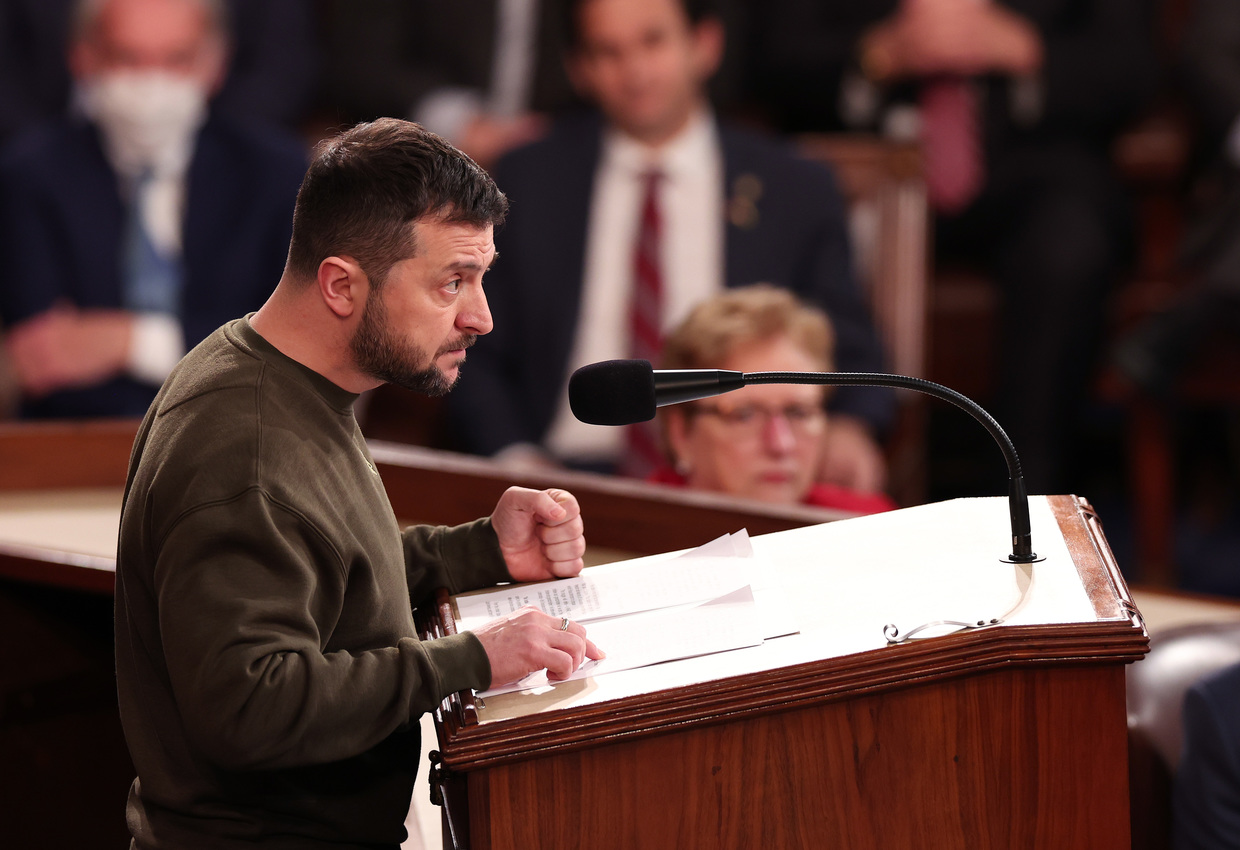
Zelensky’s adviser, Mikhail Podoliak, reacted more strongly. He indicated that any proposals should include “a return to 1991 borders." The head of the the president’s 'Servant of the People' faction, David Arakhamiya, called Beijing’s suggestion for both parties to immediately start negotiations “unacceptable” due to the current realities.
Against this background, the position of Poland, one of the closest allies of the US in Europe, came as a surprise. Polish President Andrzej Duda stated that the initiative might become a way towards peace, and that one “should not underestimate a great power like China.” These words may indicate his desire to maintain beneficial economic ties with Beijing.
What China meant
So why did China's “peace plan” remain so vague and why did its appeal to “the good of mankind” provoke such a strong reaction from the West?
“What we have seen is by no means an action plan or a peacemaking appeal. Rather, it is a declaration of China’s position. It is important for the world community to see what China has called for and what it wants. It has been rumored that China wants to supply lethal weapons or otherwise intervene in the conflict. With this document, China has demonstrated that it has different intentions, and it stands on the side of peace,” Alexey Maslov, director of the Institute of Asian and African Countries at the Moscow State University, told RT.
According to Maslov, China’s proposal is insufficiently radical for the West and is too mild for Russia since it doesn’t directly condemn Western actions.
“But if you closely examine the text, you’ll see that it includes some anti-Western statements – for example, a call for the non-proliferation of military blocs. We may call this the kind of neutrality that favors Russia,” the expert says.
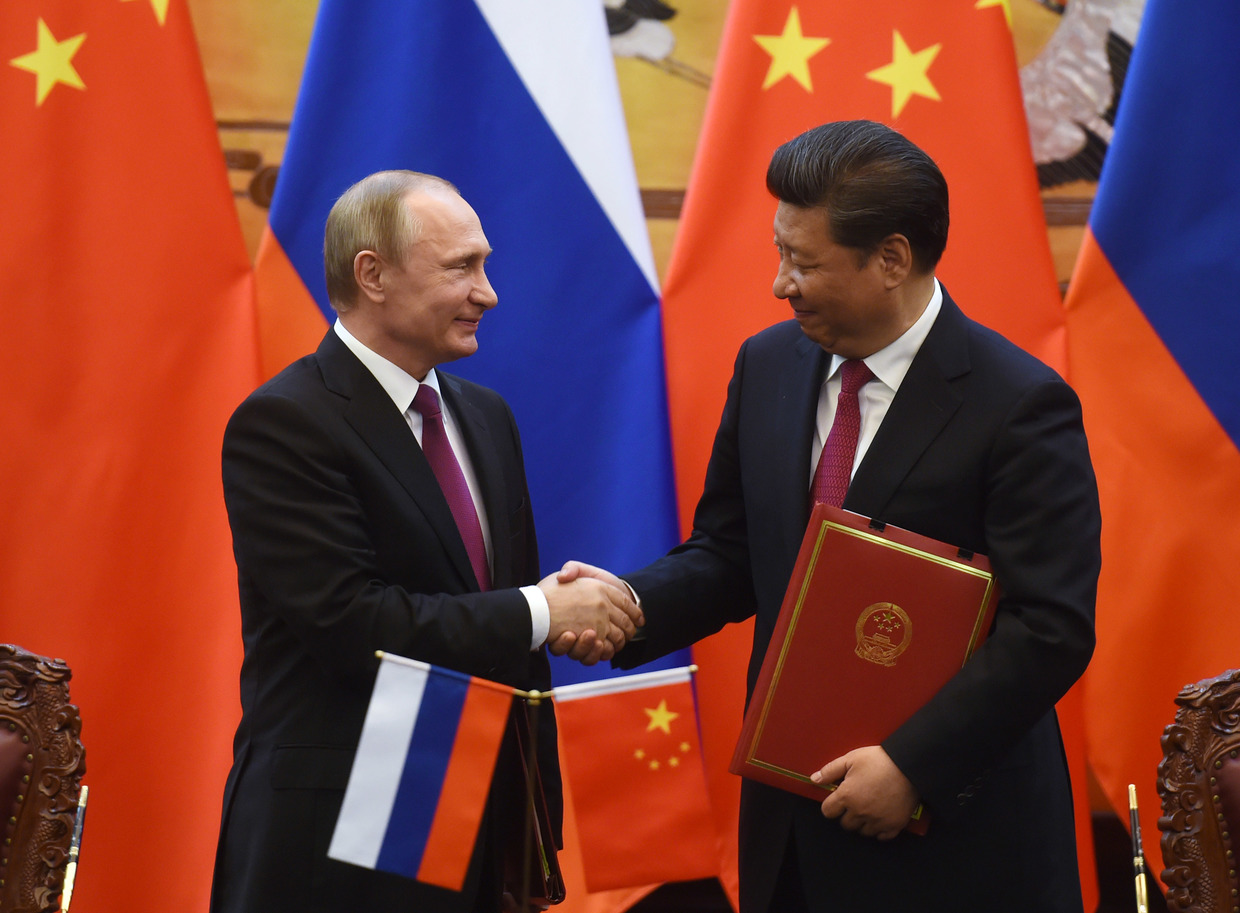
Vasily Kashin, director of the Higher School of Economics Center for Comprehensive European and International Studies, agreed that for Russia, the Chinese “peace plan” is mostly acceptable, but will likely be rejected by the West and Ukraine. At the same time, he believes the document was originally created with a different purpose in mind.
“China wanted to show everyone that it can come up with good peace proposals which may act as an alternative to the West’s bellicose rhetoric. A number of developing countries that remain neutral may support this initiative,” Kashin stated.
China’s initiatives directly proceed from the foreign policy concepts of the Communist Party and Xi himself – viewing the world as a community involved in shaping the common destiny of mankind. Only uninformed observers could expect China to take a different standpoint, Alexander Lomanov, the head of the Center for Asia-Pacific Studies of the IMEMO RAS, told RT. In his opinion, the negative reception that the proposal received from Europeans and Americans are a result of the general tensions between the West and Beijing.
“China believes that in the future, humanity should solve serious problems together. Xi's initiatives are indisputable – they talk about joint prosperity, the support of production chains, etc. However, in the modern world, which has apparently lost all mutual trust, it remains unclear how all of this can be implemented. Especially in the context of the current confrontation with the West, which sides against Beijing. Are America and its satellites ready to form such a community, based on the Chinese model? No. Even some third world countries are not ready for it,” the expert said.
Lomanov added that the West has ignored Russia's concerns about NATO expansion for the past 25 years, and neither will it listen to Beijing's appeal.
“China is a powerful country. But it can hardly become a broker that all sides of the conflict will trust. For example, the cessation of fire is hardly possible as long as the idea of a military victory over Russia dominates in the West,” he explained.
The experts added that, historically, China has never been a mediator and it is not interested in becoming one in the context of the Ukrainian conflict. According to Kashin, the US suggested that China take on such a role at the start of Russia’s military offensive, but their entreaties were refused.
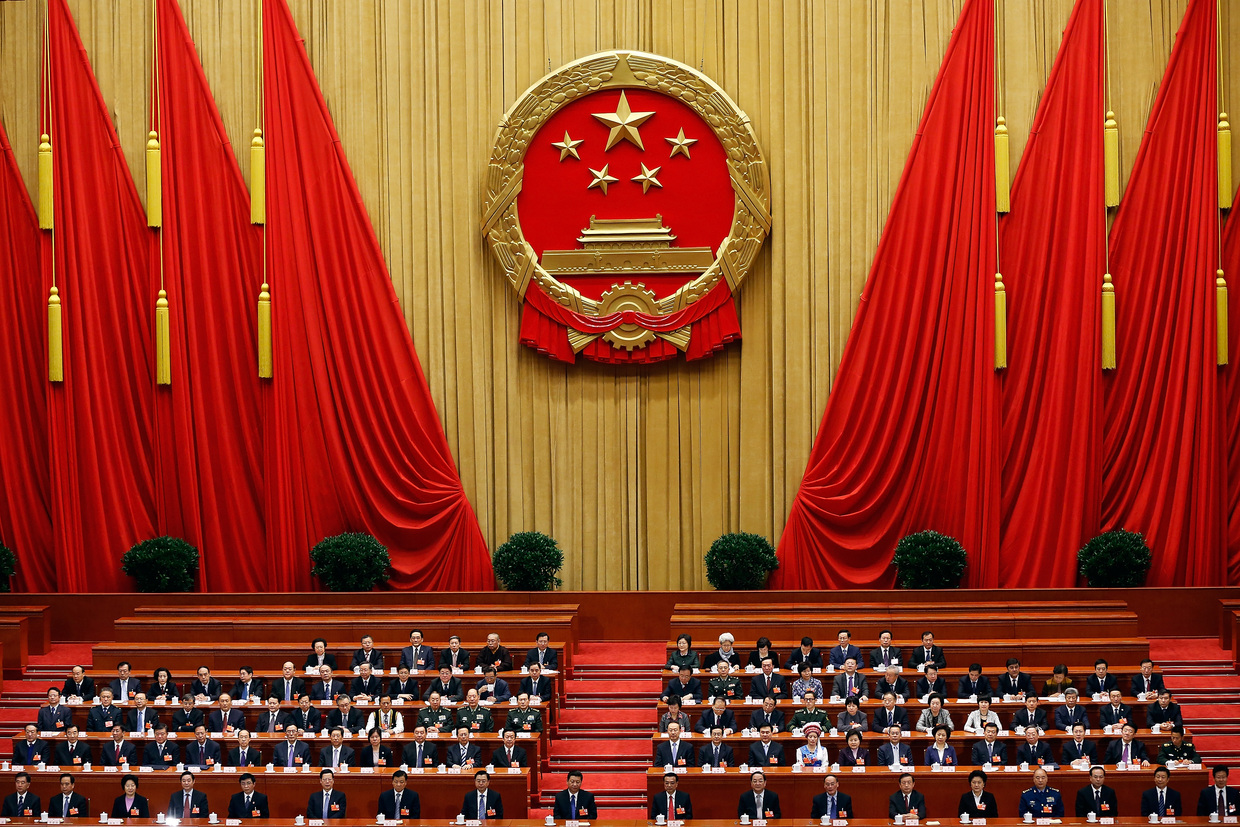
We are allowed to, but you’re not
At the same time that Beijing was delivering its peace initiative, there was increasing talk concerning possible weapons supplies from China to Russia. Sullivan declared that the US sent Beijing a clear warning regarding any such steps. CIA Director William Burns claimed to CBS News that US intelligence has evidence that China is seriously considering the possibility of supplying weapons to Russia, but has not made a final decision yet. Both Beijing and Moscow deny the existence of such plans.
Previously, Secretary of State Antony Blinken had asserted that Chinese companies were already helping Russia fight Ukraine by providing non-lethal military assistance and assisting Moscow in avoiding Western economic sanctions. Some Chinese organizations have already fallen under US sanctions, as a result. For example, on January 26, the US Treasury imposed restrictions against the Tianyi Research Institution (Changsha) and its subsidiary in Luxembourg for supposedly providing the Russian company Terra Tech with images of Ukraine from satellites equipped with synthetic-aperture radars (SAR). Terra Tech, in turn, allegedly transmitted the images to PMC Wagner.
Consequently, China reacted sharply to the West’s attempt to interfere in its policy towards Moscow. While in Russia, Wang Yi said that Chinese-Russian relations are rock solid and will withstand any test proposed by the evolving international situation.
The head of EU diplomacy, Josep Borrell, claimed that during an informal conversation in Munich, Wang Yi asked him why Beijing should not supply weapons to Russia if the EU supplies weapons to Ukraine. “I had to explain the big difference, telling him what a big threat the war in Ukraine poses to us,” Borrell said.
According to Lomanov, this is China’s way of showing its weariness with the West’s double standards, and its dwindling hope in cooperating with the European Union on equal footing.
“For a long time, China has believed in the strategic autonomy of Europe. But Europe is increasingly becoming an appendage of the American policy in containing China.
That’s how it was with the sanctions: The EU imposed restrictions because of the situation in Xinjiang, but was very surprised to face countermeasures. And now Beijing is demonstrating that theoretically, it is able to take symmetrical action regarding the situation in Ukraine. However, I think that in the matter of weapons supplies to Russia, China won’t go past rhetoric statements,” Lomanov concluded.
